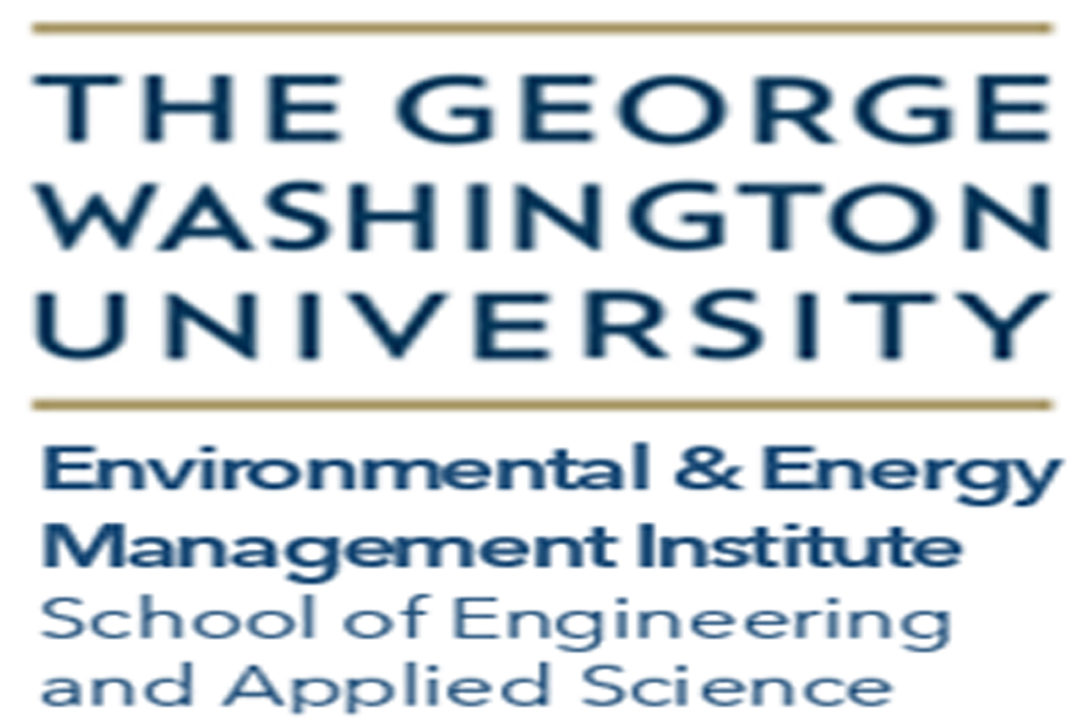On Monday, September 16, 2024, the GW Engineering-hosted Environmental Energy Management Institute conducted a web-based seminar on climate change featuring Dr. Chris Greig, a tenured professor at Princeton University. Dr. Greig holds the Theodora and William Walton endowed chair and serves as a senior leader of Princeton’s Andlinger Center for Energy and the Environment (https://acee.princeton.edu/). The title of his presentation was “Four Big Challenges Facing Ambitious Climate Goals That Models Overlook.”
In his presentation, Dr. Greig discussed the landmark study “Net Zero America” which is focused on what it would take for the U.S. to achieve an economy-wide target of net-zero emissions of greenhouse gases by 2050. That goal requires building an economy that emits no more greenhouse gases into the atmosphere than are permanently removed and stored each year.

Dr. Greig described five technological pathways, each of which could achieve the 2050 goal while spending only at levels consistent with historical spending on energy, between 4-6% of gross domestic product. The goal of the study was to provide confidence that the U.S. will have multiple genuine paths to net zero by 2050 and to provide a blueprint for priority actions for the next decade.
These priorities include accelerating deployment at the scale of technologies and solutions that are mature and affordable today and will return value regardless of what path the nation takes to net zero in the long term.
One distinguishing feature of the Net Zero America study is its comprehensive cataloging across all major sectors at high geospatial and temporal resolution of the energy infrastructure deployments and related capital expenditures required for a net-zero transition. That high-resolution analysis could help inform federal and state policy choices and private-sector decision-making in support of a transition to net zero by 2050, which is especially relevant in this Presidential election year.

A recording of Gr. Greig’s presentation can be seen at https://gwu-edu.zoom.us/rec/share/7HazlVykPEuDTCcjC8G7kYxHzux5qplhWxg3EzoVghpEWny_CYwhACg8DctyoKme.s3wpZhk5oFa9-sGY; Passcode: WE153!mZ.
The George Washington University’s Environmental and Energy Management Institute (EEMI), hosted by GW Engineering, was chartered as a University-wide institute in 2015 to pursue multidisciplinary research, education, and the dissemination of knowledge relevant to the resolution of pressing national and international environmental, energy, and sustainability challenges, including the profound geopolitical, social, and environmental implications of the intertwined issues of climate and energy security.


